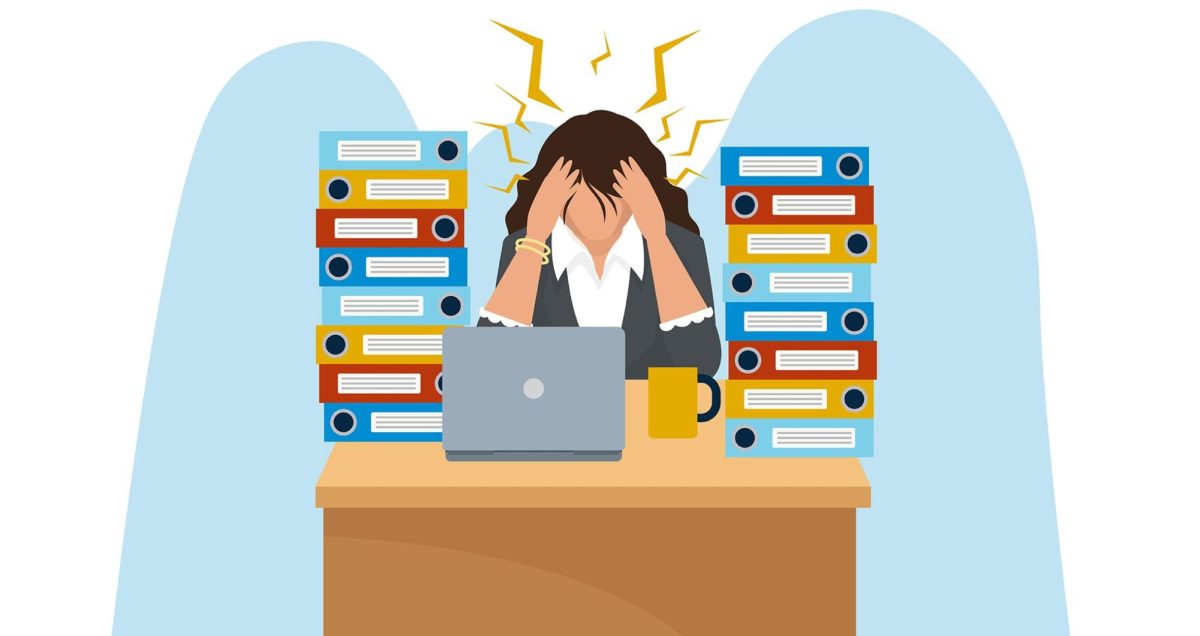Cigarettes are now available in different flavors like mint, chocolate and fruit.
The cigarettes that are available in the unique flavors are actually electronic cigarettes, also known as e-cigarettes.
E-cigarettes are battery-powered devices that have nicotine in them, said Faith Yingling, Director of Wellness.
Currently at the University, e-cigarettes are not prohibited and when the clean air policy goes into effect Jan. 1, 2014, e-cigarettes will still be allowed on campus, said Michael Ginsburg, assistant dean of students.
E-cigarettes are safer for the environment and people who don’t smoke since the “smoke” that people are breathing out is actually water vapor. Because of this water vapor, e-cigarettes are allowed in campus buildings.
“We’re saying it’s not prohibited for two reasons,” Ginsburg said. “One, it doesn’t produce second-hand smoke. Two, it does not create a heating element or flame that would catch things on fire.”
While the e-cigarettes may be safer for non-smokers, they might not actually be safer for smokers.
“There have been … research studies that have taken a look at e-cigarettes and the variability across the percentage of nicotine and it may say one thing but it may have another,” Yingling said.
The clean air policy will be re-examined next fall to determine if any changes regarding e-cigarettes will need to be made.
A problem Yingling sees with e-cigarettes is that there are not many restrictions for minors.
“We’ve got some problems here, especially if we are not regulating this to people under the age of 18,” Yingling said.
Since there is not much of a restriction, younger people have better access to the e-cigarettes.
“What we’re seeing … among middle and high school students, people are just picking it up because it’s more accessible and it’s cool,” she said.
E-cigarettes have been seen as a way to quit smoking but Yingling believes that students will be more inclined to actually start smoking.
“What the problem is, is that [middle and high school students] will go from e-cigarettes to real cigarettes,” she said.
Yingling believes e-cigarettes will be a gateway to real cigarettes not only for minors, but for people who have quit smoking as well.
“If somebody has quit smoking, they may be inclined to take back up the e-cigarette,” she said.
There isn’t a lot of research that has been done on e-cigarettes but some of the research that has been done has conflicting results, Yingling said.
“A lot of people say that they use electronic cigarettes to quit smoking,” Yingling said.
Junior Angelina Baker first started smoking because she was around it a lot as a child. She hasn’t tried e-cigarettes “because if I wanted to stop [smoking] I would stop.”
“Smoking is a psychological stress reliever which is why I do it,” she said.
A survey done by the department of social sciences and health policy at Wake Forest School of Medicine, though, found different results in the college age group.
“What they found was although e-cigarette usage was more common among conventional cigarette smokers … it wasn’t exclusive to [college students],” Yingling said. “ So e-cigarette use [by college students] was not associated with the intentions to quit smoking.”
As for whether e-cigarettes are safer than regular cigarettes or not, more studies need to be done in the future.
“There’s more questions than answers,” Yingling said.













